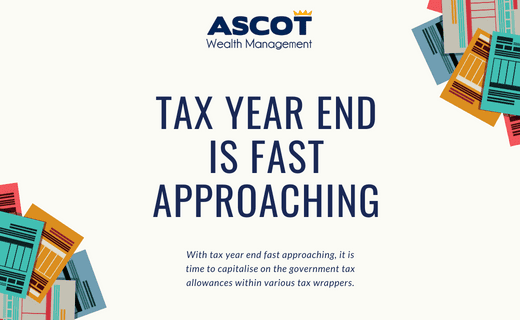Best investment for your 30’s
If you’re in your 30’s, you have 30 years or more to profit from investments before you’re likely to retire. Temporary declines in stock prices won’t hurt you much as you will have years to regain your losses. You can now access your pensions at the age of 55, but it’s likely to go up by the time today’s 30 year-olds reach retirement age. With AWM, your money will be invested in a selection of funds, grouped together as a portfolio for diversification. These range from AWM 1, our lowest risk portfolio invested in cash, bonds and absolute return funds primarily to protect returns and collect a steady income and dividends, to AWM 5, our highest risk grouping mainly focused on equities from the UK to the US to some emerging markets. So no matter your risk appetite, there is an investment portfolio that will suit your fancy.
Best investment for your 40’s
If you’re late to the saving and investing party, now’s the time to consider some lifestyle trade-offs. Start by saving into your employer’s retirement plan if you haven’t already done so. If you’ve been investing in a Defined Contribution Scheme or any other pension scheme, it’s now time to review whether or not you will have enough saved by the time you reach retirement age. If it fits your risk appetite, try to allocate your assets more towards bonds and fixed investments now, than in your 30’s. Also ask your adviser about the Carry Forward legislation, you may be allowed to contribute more to your pension than the annual allowance.
Best investment for your 50’s
At this stage in life, you need to examine your future goals and explore your current and desired future lifestyle. Investigate your current income, projected income and tax situation. The result of your analysis will influence the best investments in your 50s. It’s now time to plan your additional Income Streams. We know it can be hard to navigate, speak to one of our advisers to help you.
Investment advice at any age
Once all your expenses are covered and you can afford to, try to contribute 10-15% of your salary, not just your employer’s contribution. This will help set you up for a secure financial future. If you want to contribute additional money for your retirement, you could consider contributing to an ISA. It’s a tax-free way to save or invest. With a cash or Stocks and Shares ISA, you can save up to £20,000 for the 2018/19 tax year. It has similar features to a savings account but the interest you earn is tax-free. Your Stocks and Shares ISA can contain a range of investments. Because they are held in an ISA any gains you make are tax-efficient. There are also further ranges of ISAs including IFISA, LISA with their own benefits. Ultimately, how you invest in each decade is dictated by the progress you’re making towards your financial goals. Every case is unique, so speak to your financial adviser and decide on a plan of action based on their advice.
Start investing as early as possible to secure your financial tomorrow.


















